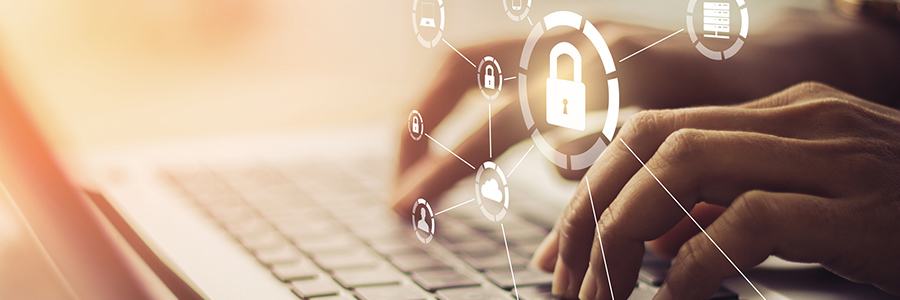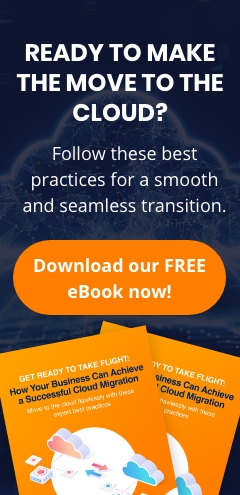Good information security habits protect businesses. And in this day and age when virtually all business data is stored digitally, information security is more critical than ever. Protecting data starts with building good cybersecurity habits, as most attacks are attempts to exploit system vulnerabilities.
In 2019, real estate and insurance company First American discovered that its information recording format could be easily exploited, as document URL slugs were uniform and weren’t individually encrypted. This left over 885 million sensitive financial records containing Social Security numbers, driver’s license images, bank account numbers, and more vulnerable.
Needless to say, good cybersecurity culture is something businesses urgently need to cultivate. Below are some tips to keep in mind when developing your organization’s infosec culture:
-
Develop an organizational cybersecurity culture
Security success is one of those things that begin at the top. You can’t enforce cybersecurity policies for employees if its value isn’t thoroughly imbibed within the organization — and that means everyone from the CEO to its newest interns should abide by the policies that are designed to protect the company’s information infrastructure.
-
Maintain good password hygiene
Good password hygiene refers to developing healthy password habits among employees in your organization. Passwords should be regularly updated and should be difficult to guess. In reality, however, most users have the habit of using the same simple password for multiple accounts. This is risky, as using the same passwords for prolonged periods gives potential attackers quite a lot of time to crack it and hack into your accounts and critical files.
One way to create strong passwords is to use easy-to-remember phrases that have one character swapped with a similar-looking special character. You also need to make sure that multiple users within the organization never use the same password across different programs.
-
Use two-factor authentication (2FA) or multifactor authentication (MFA)
2FA and MFA are excellent tools to ensure that only vetted users are given access to sensitive information. They act as a second layer of authentication to ensure that the user logging in is the owner of the credentials being used.
When 2FA or MFA is activated, anyone logging in will be tasked to verify their identity through any of the following: via SMS through a previously registered number, via secondary email, via a special code app, or via verification services such as those provided by Google and some social media sites.
-
Observe good mobile habits
Mobile productivity is becoming increasingly common across companies of all sizes, so it’s always a good idea to treat mobile devices — such as smartphones, iPads, and laptops — as productivity tools. Ensure that they’re secure and that you can protect company data should devices get damaged or lost.
A fundamental rule of mobile hygiene is to always patch updates as they become available. Cybersecurity is never static, and new threats are spawned virtually every minute of every day. Promptly updating company devices will ensure that your window of risk is always kept as small as possible. As for employees on a bring-your-own-device (BYOD) setup, you can enforce strict update rules by making it a part of the BYOD policy.
You should also mandate your employees to exercise judicious use of internet connections, especially if they’re working outside of the office. Note that public internet connections are often unsafe, as they are unsecured and can be accessed by anyone.
-
Enforce a clean desk policy
This is the most basic of all workstation rules, and for good reason — it builds a culture of diligence, and it lessens the risk of loss or damage of property and information. It also helps improve productivity because clean desks are organized desks, meaning less time is wasted rummaging through piles of paper. It’ll also help your employees stay focused on their tasks.
Enforcing a clean desk policy will ensure that sensitive documents aren’t misplaced or lost, and written access credentials aren’t left lying around. Furthermore, it’ll help your company meet certain compliance criteria, which will help improve your company’s reputation. For instance, one of ISO 27001’s compliance requirements is having a clean desk policy in place.
Related article: It’s time to rethink your password
Related article: 5 proactive defenses against cyberattacks
outsourceIT provides top-notch IT for the La Plata, Maryland, and Winston-Salem, North Carolina areas. Our cybersecurity and IT experts are ready to help you take your business to the next level. Call today to schedule your discovery session.


